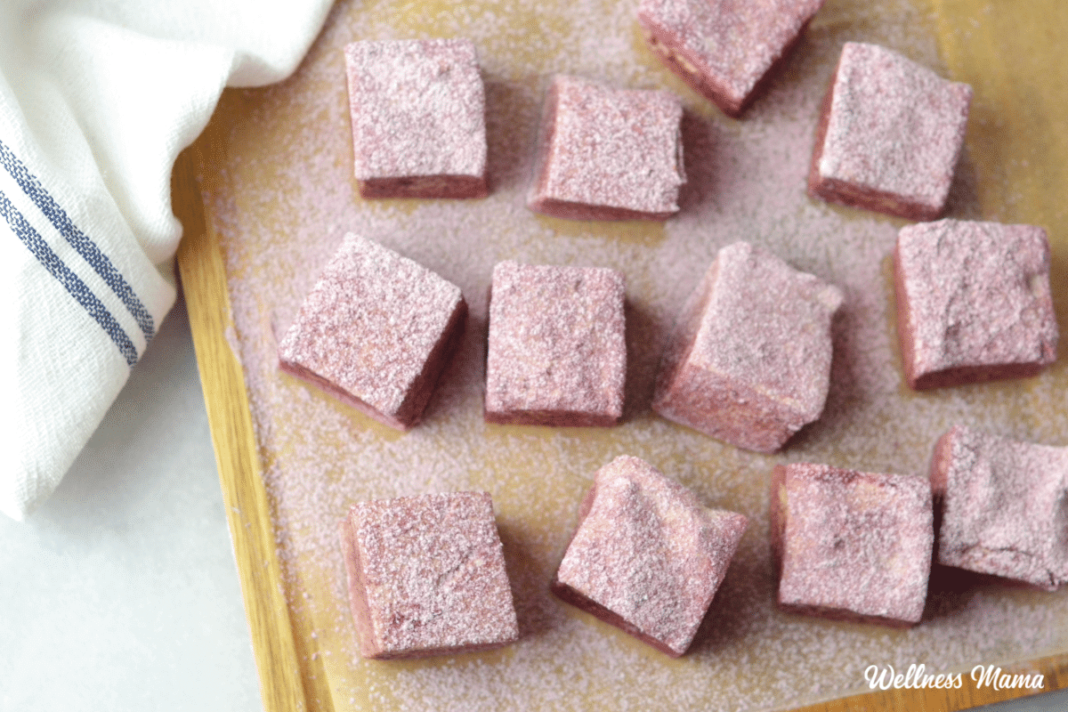Nosebleeds—while often alarming—are quite common and usually harmless. They occur when the blood vessels inside the nostrils break, leading to the familiar drip of blood. Whether caused by dry air, allergies, sinus infections, or even just a good sneeze, nosebleeds can be frustrating to deal with. While it’s important to know when to seek medical help, there are plenty of simple, natural remedies that can help stop a nosebleed quickly and even prevent future occurrences. Let’s explore some practical, at-home solutions to manage and prevent nosebleeds without relying on harsh chemicals.
Understanding Why Nosebleeds Happen
Before diving into remedies, it’s essential to understand what’s happening when you get a nosebleed. The inside of your nose is lined with sensitive blood vessels that are prone to breaking. This can happen for a variety of reasons, but some of the most common causes include:
- Dry Air: Particularly during colder months or in dry climates, the air can cause the lining of your nasal passages to dry out, leading to cracks and bleeding.
- Allergies: Pollen, dust, or pet dander can irritate the nasal passages, making them more susceptible to bleeding.
- Sinus Infections: Inflammation from sinus infections can put pressure on blood vessels in the nose, causing them to rupture.
- Frequent Nose Picking or Blowing: Both of these actions can disturb the delicate blood vessels inside the nose, leading to bleeds.
- Trauma: An accidental bump or injury to the nose can directly cause bleeding.
In most cases, nosebleeds are not serious, but recurring or particularly severe nosebleeds should be evaluated by a healthcare professional to rule out underlying conditions.
Natural Remedies to Stop a Nosebleed
If you or a family member suffers from the occasional nosebleed, there are several natural remedies you can try to stop the bleeding quickly.
1. Pinch Your Nose and Lean Forward
The most common advice for stopping a nosebleed is to pinch the nostrils together. This helps apply pressure to the bleeding vessels and can stop the flow of blood. Here’s how to do it:
- Sit up straight to prevent blood from flowing into your throat.
- Use your thumb and index finger to pinch the soft part of your nose together.
- Hold your nose for 5 to 10 minutes without releasing it to allow the blood vessels to clot.
While this is a common remedy, it’s crucial to lean forward instead of tilting your head back. Leaning back can cause blood to flow down your throat, which can be unpleasant and even dangerous if swallowed.
2. Cold Compress or Ice Pack
Applying cold can help constrict blood vessels and reduce the flow of blood. A simple ice pack or cold compress can be highly effective:
- Wrap a small ice pack or a cloth filled with ice cubes in a towel.
- Place it on the back of your neck, or gently press it to the nose or forehead.
The cool temperature helps reduce inflammation and can promote the clotting process. Avoid putting ice directly on the nose, as it might cause additional irritation.
3. Use a Humidifier
Dry air is a common trigger for nosebleeds, especially in the winter when indoor heating systems can strip moisture from the air. A humidifier can help restore moisture to the air, making it easier for your nasal passages to stay hydrated and less prone to bleeding.
- Place a humidifier in your bedroom or the room where you spend the most time.
- Be sure to clean the humidifier regularly to avoid the growth of mold or bacteria.
In addition to preventing nosebleeds, maintaining a humidified environment can also help relieve other symptoms of dryness, like sore throats and dry skin.
4. Saline Nasal Spray
Saline sprays or nasal irrigation systems can be incredibly helpful for moisturizing the inside of your nose, especially in dry climates or during the winter months. These sprays help to wash away irritants and provide moisture to the nasal passages, which can prevent dryness and reduce the risk of nosebleeds.
- Look for saline nasal sprays that do not contain preservatives or harsh chemicals.
- Use the spray a few times a day or as needed when you feel dryness setting in.
Saline irrigation is also effective after being exposed to allergens or other irritants. It’s an easy and natural way to keep your nasal passages moist without relying on artificial chemicals.
5. Coconut Oil or Aloe Vera Gel
Both coconut oil and aloe vera are known for their soothing and moisturizing properties. Applying either of these substances inside the nostrils can help reduce dryness and irritation that often lead to nosebleeds.
- Dab a small amount of coconut oil or aloe vera gel on a cotton swab.
- Gently apply it to the inside of your nostrils to create a protective layer.
These oils also have anti-inflammatory properties, which can soothe irritation from allergies or sinus infections.
Preventative Measures: How to Avoid Future Nosebleeds
While it’s essential to know how to stop a nosebleed when it happens, it’s just as important to take steps to prevent them in the first place. Here are some proactive measures to consider:
1. Stay Hydrated
Proper hydration is crucial for keeping the mucous membranes inside your nose healthy. Drinking plenty of water helps prevent your nasal passages from becoming dry and irritated.
In addition to drinking water, consider eating water-rich foods like cucumbers, oranges, and celery to help keep your body hydrated from the inside out.
2. Apply a Nose Salve
If you live in a particularly dry area or tend to get frequent nosebleeds, applying a protective salve to the inside of your nostrils can help. A simple petroleum jelly or beeswax balm can help keep your nasal passages lubricated and prevent dryness.
Apply a small amount with your finger before bedtime to ensure you wake up with hydrated nasal passages.
3. Allergy Management
If allergies are the culprit behind your nosebleeds, it’s important to manage them effectively. Seasonal allergies, dust, or pet dander can all irritate the nasal passages and increase the likelihood of bleeding.
- Consider using natural allergy remedies like local honey or herbal teas that target allergy symptoms.
- You may also want to try natural decongestants like neti pots or steam inhalation to clear out any allergens from your nasal passages.
4. Avoid Irritants
Be mindful of environmental factors that may trigger nosebleeds. Avoid exposure to smoke, strong chemicals, or other irritants that can dry out or damage the sensitive blood vessels in your nose. If you work in a dry environment, consider using a humidifier and taking frequent breaks to hydrate.
5. Use Gentle Techniques for Nose Blowing
If you have a habit of blowing your nose forcefully, it can cause trauma to the blood vessels inside the nostrils. When you do need to blow your nose, make sure to do so gently. Pinch one nostril closed while blowing softly through the other to prevent pressure buildup.
Final Thoughts
Nosebleeds may be common, but they don’t have to be a regular problem. By following these natural remedies and preventive measures, you can stop a nosebleed quickly and reduce the chances of future occurrences. Whether you use cold compresses, saline sprays, or essential oils, there are many simple and effective ways to treat nosebleeds at home. If you find that your nosebleeds are frequent or particularly severe, however, it’s important to consult with a healthcare professional to rule out any underlying health issues.
With a little care and the right strategies, you can manage nosebleeds naturally and keep your nasal passages in good health year-round.





